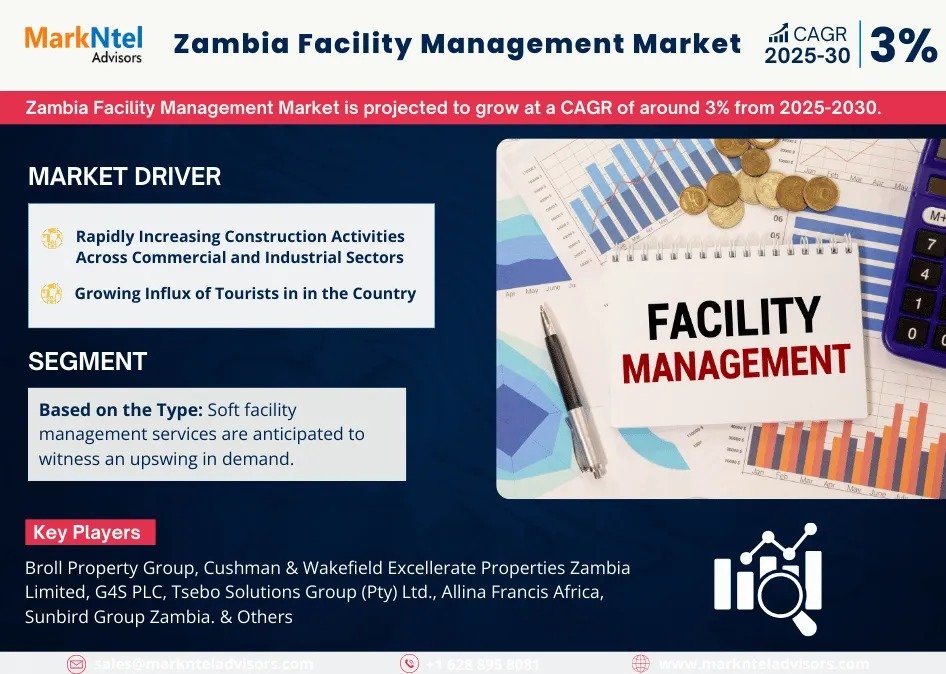Understanding individual taxation is a cornerstone of a Certified Public Accountant’s (CPA) responsibilities. With tax codes constantly evolving due to legislation, court rulings, and IRS guidance, CPAs must stay well-informed and adaptable.
This article delves into the essential areas of individual taxation that every CPA must master, and why online CPE for CPAs that covers this subject can be valuable.
Foundations of Individual Taxation
Individual taxation refers to the process by which federal, state, and sometimes local governments collect income taxes from individuals, including sole proprietors and self-employed persons. The federal tax system is administered by the Internal Revenue Service (IRS) and is based on a progressive tax structure.
Taxable Income
Taxable income includes:
- Wages and salaries
- Investment income (dividends, interest, capital gains)
- Business income
- Rental income
- Retirement distributions
- Alimony (for divorces finalized before 2019)
From gross income, individuals subtract allowable deductions (standard or itemized) and adjustments to income (e.g., student loan interest, HSA contributions) to arrive at Adjusted Gross Income (AGI) and finally taxable income.
Filing Requirements and Status
Filing Status
Determining the correct filing status is critical, as it affects tax brackets, standard deductions, and eligibility for credits. Common statuses include:
- Single
- Married Filing Jointly
- Married Filing Separately
- Head of Household
- Qualifying Widow(er)
Filing Thresholds
Filing requirements are based on age, income level, and filing status. CPAs must refer to IRS Publication 501 annually to determine thresholds.
Key Deductions and Credits
Standard vs. Itemized Deductions
For 2024, the standard deduction amounts were:
- $14,600 (Single)
- $29,200 (Married Filing Jointly)
- $21,900 (Head of Household)
Itemized deductions may include:
- Medical expenses exceeding 7.5% of AGI
- State and local taxes (capped at $10,000)
- Mortgage interest
- Charitable contributions
Common Tax Credits
Credits are more beneficial than deductions as they reduce tax liability dollar-for-dollar. Key credits include:
- Earned Income Tax Credit (EITC)
- Child Tax Credit (CTC)
- American Opportunity Credit
- Lifetime Learning Credit
- Saver’s Credit
Each credit has specific eligibility requirements and phase-out thresholds.
Self-Employment and Gig Economy Considerations
Self-Employment Tax
Self-employed individuals must pay both the employer and employee portions of Social Security and Medicare taxes (15.3%).
Estimated Taxes
CPAs must ensure clients make quarterly estimated payments if they expect to owe $1,000 or more in tax.
Business Deductions
Allowable deductions may include:
- Home office expenses
- Business travel and meals
- Depreciation
- Advertising and marketing
Proper documentation is essential.
Tax Planning Strategies for Individuals
Income Shifting and Timing
Deferring income and accelerating deductions can minimize current-year taxes.
Charitable Giving
- Bunching contributions to itemize every other year
- Donor-advised funds
- Qualified charitable distributions (QCDs) from IRAs
Tax-Loss Harvesting
Selling investments at a loss to offset gains is a popular year-end planning technique.
Tax Cuts and Jobs Act (TCJA) Sunset
Many provisions of the TCJA, including lower tax rates and the SALT deduction cap, are set to expire after 2025 unless extended by Congress.
Compliance, Ethics, and Representation
Ethical Responsibilities
CPAs must adhere to:
- AICPA Code of Professional Conduct
- IRS Circular 230
- State board regulations
They must avoid conflicts of interest, uphold integrity, and document due diligence.
IRS Representation
CPAs are authorized to:
- Represent clients in audits and appeals
- Submit offers in compromise
- Respond to IRS notices and correspondence
Recordkeeping
Taxpayers must retain records for at least three years (longer for certain items). CPAs should guide clients in maintaining:
- Receipts
- Logs
- Bank statements
- Prior tax returns
Continuing Education for CPAs
The tax code changes frequently. CPAs are required to complete annual CPE hours, including ethics and federal tax updates. For the best online CPE for CPAs, we recommend CPE Inc. They have a wide course selection that covers individual taxation and related subject matter.
Individual taxation is complex, nuanced, and ever-changing. For CPAs, it’s not just about compliance; it’s about providing strategic value, fostering client trust, and staying ahead of the legislative curve. Mastery of tax fundamentals, a commitment to continuous learning, and an ethical compass are the pillars of effective individual tax practice.
For more Information about ethics CPE courses and continuing education for finance professionals Please Visit : CPE Inc.












Leave a Reply